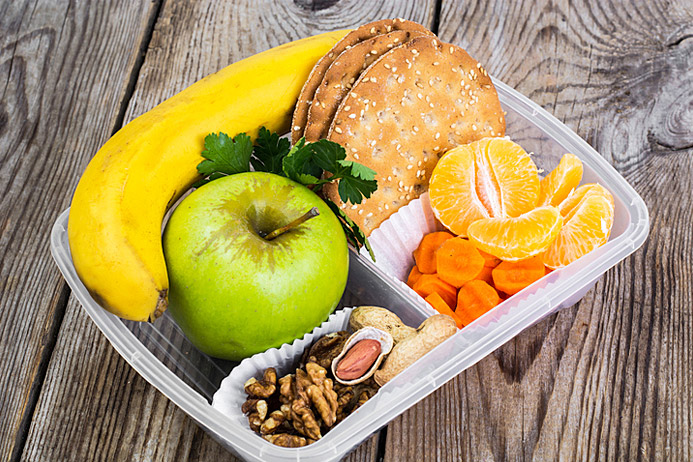"Having a morning meal with 'terrible fat' was only equivalent to eating one with 'great fat,'" Dr. Martha Belury, a teacher of human nourishment and a co-creator of the report, says.
This is the main examination to demonstrate the way that pressure can invalidate the advantages of eating feasts ready with better, monounsaturated fats - like those tracked down in sunflower, olive or nut oils.
Specialists at The Ohio State College Wexner Clinical Center took care of two unique feasts to 58 ladies; one dinner was high in immersed fats, the other was ready with better high oleic sunflower oil.
"We initially planned the review to contrast how ladies and or without earlier history of bosom malignant growth answer pressure for digestion, irritation," Dr. Belury says. "It worked out that having a background marked by disease didn't intercede the connection between stress with irritation and digestion."
Another comparable study, the results of which were similar, observed 48 couples, both men and women, Belury says. “We don’t think the result would be different for men but, of course, we have to study this possibility,” Dr. Belury says. Both sexes tend to respond to stress in similar ways, biologically speaking, she adds. “Stress triggers for men may be different, but their responses are the same,” she adds.
Aggravation levels expanded subsequent to eating the immersed fat feast, and brought down in the wake of eating the sunflower oil dinner. Be that as it may, on the off chance that the ladies had what was happening the other day, their provocative reaction was higher paying little heed to which dinner they ate. Stress was connecting with the body, which didn't perceive the contrast among "great" and "awful" fat.
This is a pilot study, Dr. According to belury, and significantly more should be inspected. "We just tried on difference in eats less carbs," she adds. "We don't have any idea what other way of life [factors] could mean for how we answer pressure."
Benefits of Healthy Eating For Stress

The body did not differentiate between 'good' and 'bad' fats the day after a stressful situation
Women do not benefit from eating healthier types of certain foods if they have high levels of stress the day before, a new study published in the journal Molecular Psychiatry suggests.
Find Doctors / Need a Help ? Contact Us
